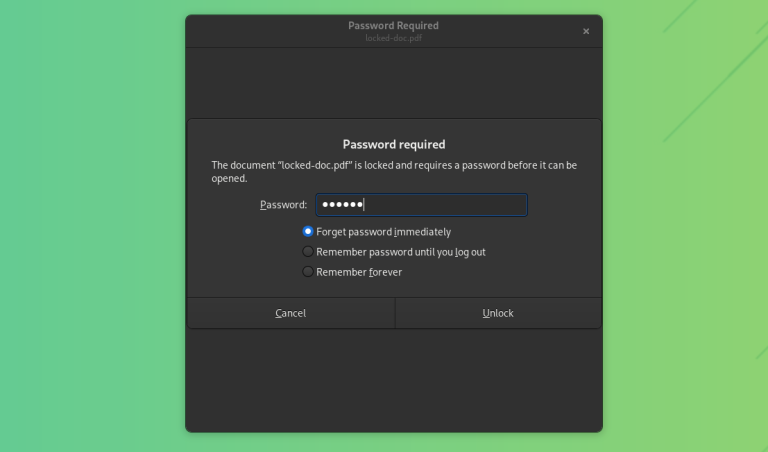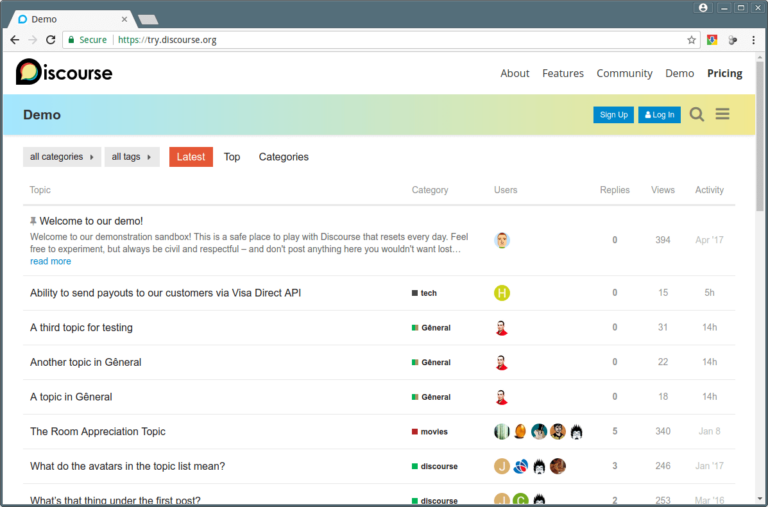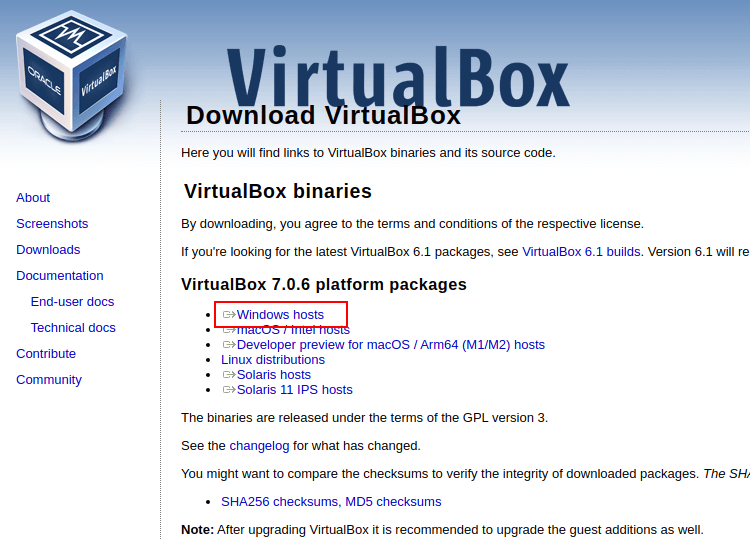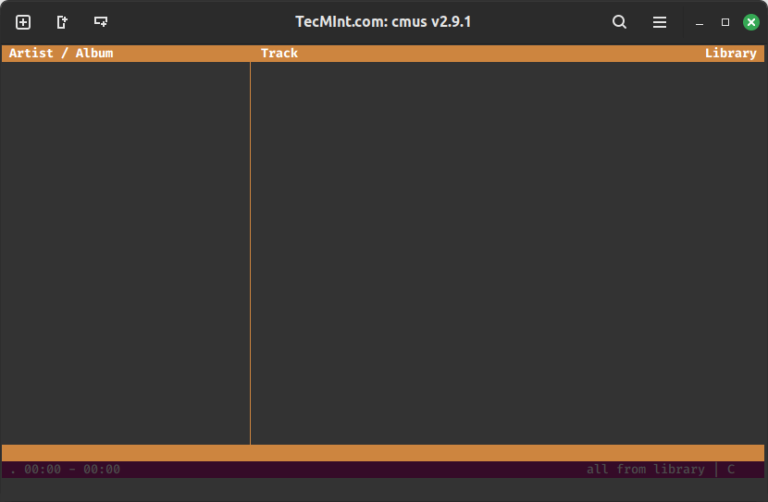10 Linux SysAdmins New Year’s Resolutions for 2024

It is time to make our New Year’s resolutions. Regardless of your experience level as a Linux system administrator, we think it is worth well to set goals for growth for the next 12 months.
In case you are out of ideas, in this post, we will share 10 simple professional resolutions that you may want to consider for 2024.
1. Decide to Automate More
You don’t need to run like a chicken with its head cut off trying to solve foreseeable problems every day. If you find yourself spending time performing repetitive tasks daily, you need to stop here and now.
With all the Linux-based and open-source tools at your disposal, you can give yourself some leisure time by automating as many of your Linux tasks as possible using.
Also, system administrators who manage a large number of Linux servers can use the Ansible automation tool to automate most of the configuration of systems and applications.
2. Learn a New Scripting Language
Although every system administrator should be comfortable using Bash for scripting, it is important to consider other modern and robust tools such as Python.
But don’t just take our word for it – check this 2-article series on Python that we published not long ago. You will realize that, among other things, Python brings the power of Object-oriented programming and allows you to write shorter and more robust scripts.
3. Learn a New Programming Language
In addition to learning a new scripting language, decide to take some time to start or brush up on your programming skills. Not sure where to start? This year’s Stackoverflow Developer Survey reveals that Javascript continues to lead the list of most popular languages for the third year in a row.
Other all-time favorites such as Java and C are also worthy of your consideration.
4. Create a GitHub Account and Update it Regularly
Especially if you are new to programming, you should consider showcasing your work on GitHub. By allowing others to fork your scripts or programs, you will be able to improve your knowledge and create more sophisticated software through the help of others.
Learn more about how to install and create a GitHub account, and understand how to use Git with our comprehensive guide.
5. Contribute to an Open Source Project
Another great way to learn (or improve your knowledge about) a new scripting or programming language is by contributing to an open-source project on GitHub.
If this sounds like something that may interest you, check the Explore GitHub pages. There you can browse repositories by popularity or by language, so you will be able to find something interesting to work on.
On top of this, you’ll get the satisfaction that comes from giving back to the community.
6. Try Out a New Distribution Each Month
With new distributions or spin-offs coming out regularly, you have several options to choose from. Who knows that your dream distribution is just around the corner and you have not discovered it yet? Head to Distrowatch and pick a new distribution each month.
Also, don’t forget to subscribe to Tecmint to stay informed about new distros hitting the streets, so to speak.
Hopefully, our reviews will help you to determine if you want to give a new distribution a try. Also do check out our articles on top Linux distributions here:
7. Attend a Linux or Open Source Conference
If you live near a place where a conference sponsored by the Linux Foundation is scheduled to take place, I strongly encourage you to attend.
This will not only provide the opportunity to enhance your knowledge of Linux but also give you the chance to meet other open-source professionals.
8. Learn Free or Paid Courses from the Linux Foundation
The Linux Foundation continually offers free and paid courses through edX.org and via their portal, respectively.
Topics for free courses include (but may not be limited to) Introduction to Linux, Introduction to Cloud Infrastructure Technologies, and Introduction to OpenStack.
On the other hand, paid options include preparation for the LFCS Certification exam, Linux for developers, Kernel internals, Linux Security, Performance testing, High Availability, and more.
As a plus, they offer discounts for enterprise courses, so try to convince your boss to pay for your and your colleagues’ training. Additionally, free webinars are offered periodically so don’t forget to subscribe to< their newsletters!
You may also consider checking out our best Online Linux Training Courses.
9. Answer X Questions in a Linux Forum Per Week
Another great way to give back to the community is by helping others who are just starting off with their Linux journey. You will find lots of people looking for answers in Linux forums all over the web.
Keep in mind that you were once a newbie just like them, and try to put yourself in their shoes.
10. Teach a Kid or Teenager to Use Linux
If I could go back 20 years, I wish I had a computer back then and the chance to learn Linux as a teenager.
I also wish I had started off with programming much earlier than I did. Without a doubt, things would have been a whole lot easier. That kind of gives me the perspective that teaching at least basic Linux and programming skills to kids or teenagers (I do it with my kids) is an important endeavor.
Educating the rising generation on how to effectively use open-source technologies will give them the freedom of choice, and they will thank you forever for it.
Summary
In this article, we have shared 10 prospective New Year’s resolutions for system administrators. Tecmint.com wishes you the best of luck as you work towards your goals and hopes to keep you as a frequent reader in 2024.
As always, don’t hesitate to use the form below if you have questions or comments about this article. We look forward to hearing from you!






